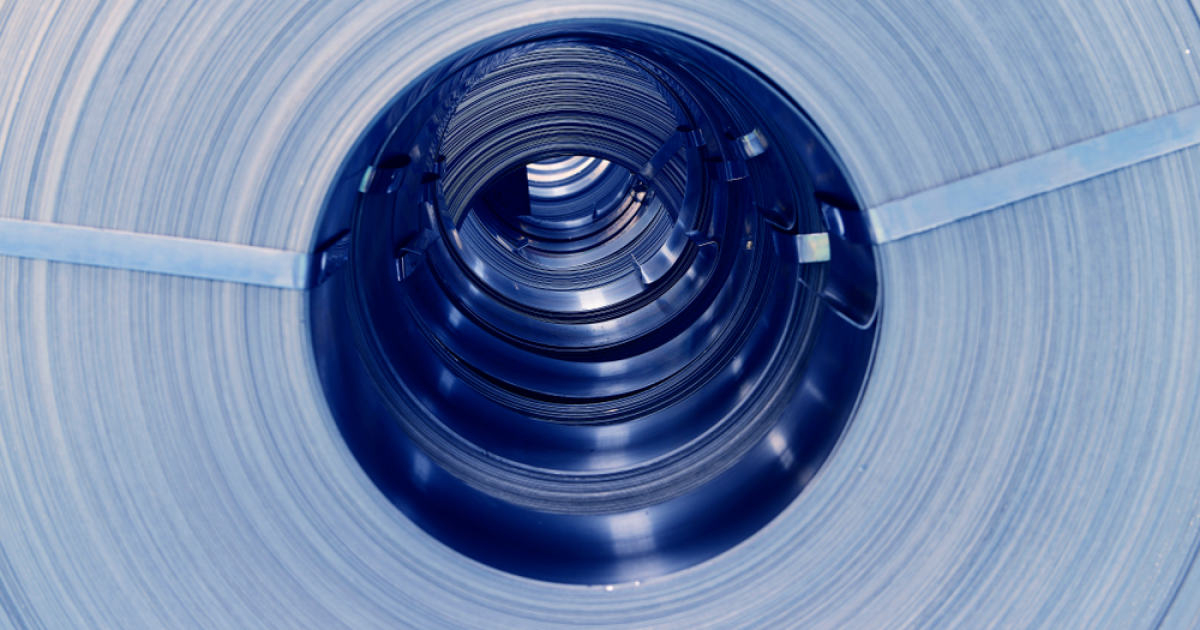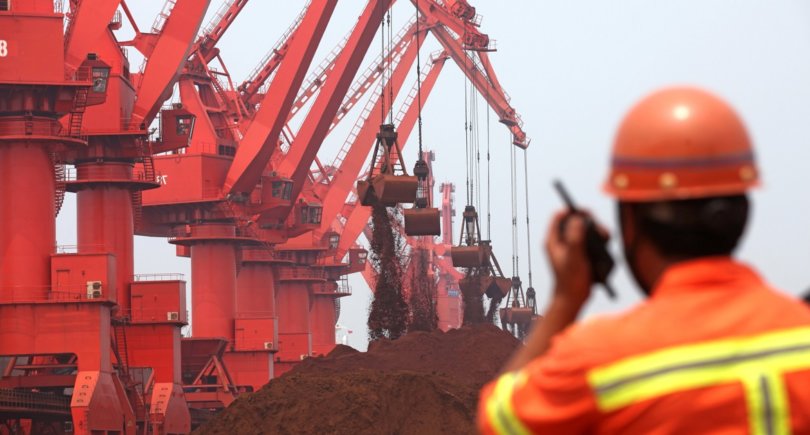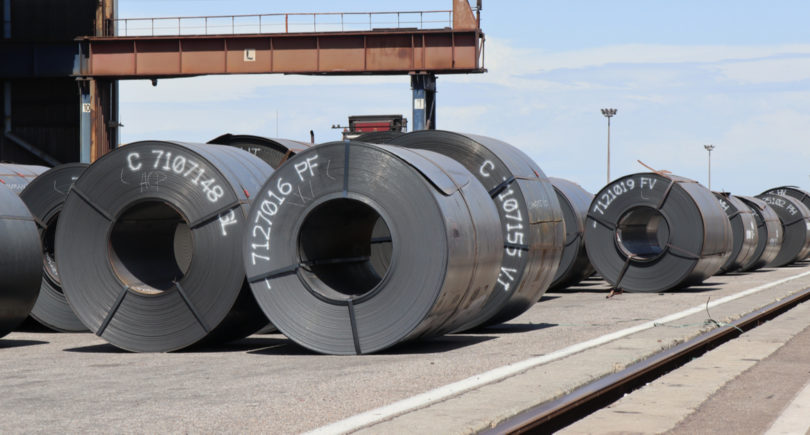
News Global Market India 1329 05 January 2024
The government is looking to give steel producers an extra push to build capacity
The Indian government is working on the second phase of the Production Linked Incentive (PLI) scheme for the steel industry, which will be introduced in 2024. This was stated by Junior Minister of Steel Faggan Singh Kulaste, SteelOrbis reports.
In April-November (8 months of the 2023/2024 fiscal year), steel production in the country is estimated at 94 million tons, which is 14.5% more than in the same period of the last fiscal year. The government is therefore seeking to provide steel companies with additional incentives to further increase capacity.
The second phase of the scheme is currently being discussed with industry representatives, taking into account the experience of the first phase. As part of the PLI program, the government offers fiscal incentives to steel companies that participate in the program on the basis of additional capacity.
According to some estimates, $481 million of the fund created by the government to implement the first phase of the PLI program (the total fund is $761 million per year) remains unused. As part of the first phase, 67 steel companies signed an agreement with the government to participate in the scheme, pledging to invest $3.61 billion in the creation of new steel capacities.
In addition, according to Kulaste, News Bytes writes, the government will ensure the supply of raw materials for the steel industry, promote the use of scrap, and insist on the use of artificial intelligence and the latest technologies in steel industry to increase production. He also predicts a significant increase in India’s steel production and demand in 2024 due to infrastructure projects.
The official also called on steel producers, such as state-owned SAIL and RINL, to diversify their product range to meet the growing needs of different sectors.
At the same time, the Indian Steel Association (ISA) expressed concern about the rapid growth of imports and high raw material prices affecting the domestic market, hoping for decisive action by the authorities.
As GMK Center reported earlier, India and Australia will be negotiating a stable supply of coking coal. In this way, the Indian authorities are seeking to help their steel mills, which are suffering from a drop in supplies and rising prices for this raw material.




